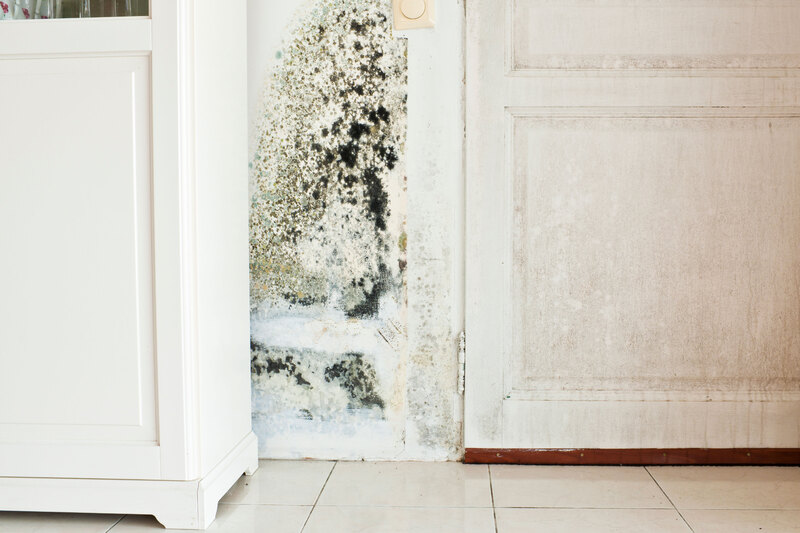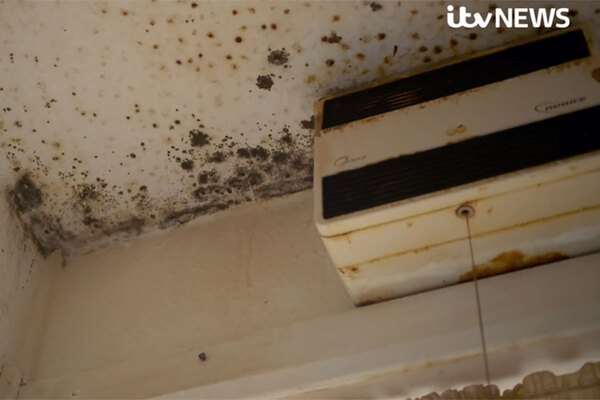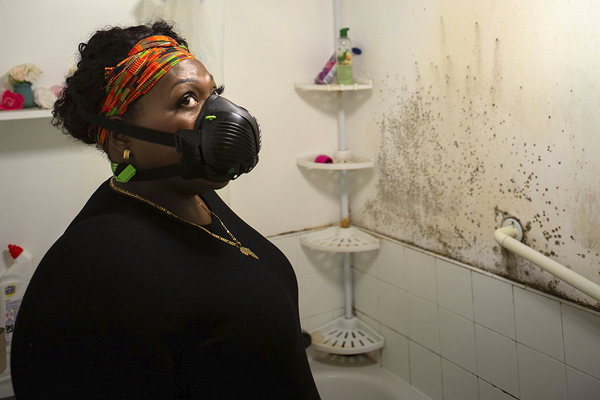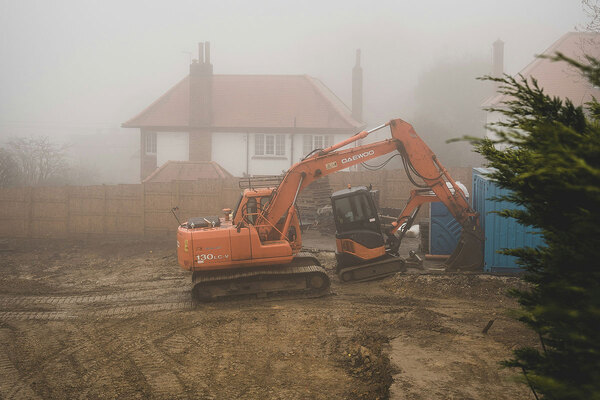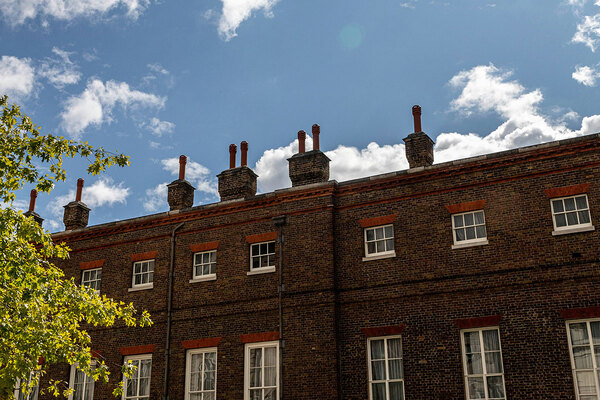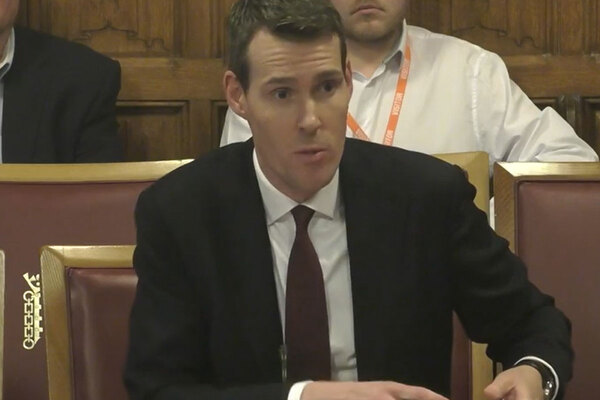You are viewing 1 of your 1 free articles
Replace Decent Homes Standard with beefed-up version to tackle crisis of poor conditions, urges new report
Ministers are being urged to replace the Decent Homes Standard with an “enhanced” version, introduce a ‘home MOT’ and launch a cross-government strategy to tackle the crisis of poor-quality housing in England.
The recommendations come in a 65-page report by the Good Home Inquiry, which is overseen by David Orr, the chair of Clarion Housing Group’s housing association arm and former chief executive of the National Housing Federation.
Commissioned by the Centre for Ageing Better, it highlighted that four million homes in England do not meet basic standards.
Two million homes contain a ‘category 1 hazard’, meaning they are of such poor quality that they put their residents’ health or safety at risk, the report said.
It warned that COVID-19 had created a “perfect storm” of factors, meaning it was a “now or never” time to act.
Among the report’s recommendations was a call for the government to appoint a minister as ‘Good-Home Champion’ to develop a “new cross-departmental national strategy to improve England’s existing housing stock”.
And the Decent Homes Standard should be replaced with a Good Home Standard, while Homes England should be given the strategic objective of improving the quality of existing homes, the report recommended.
It also suggested a national model for a ‘home MOT’ system that would provide an “assessment of the condition of a home and where action is needed” and be available to everyone, regardless of housing tenure.
The government launched a review of the Decent Homes Standard in February.
Conditions in social housing have come under the spotlight this year, with broadcaster ITV revealing a series of shocking examples faced by council and housing association tenants, some with existing health conditions. It has led to apologies from some in the sector.
However, the report said the worst-performing homes are in the private rented sector, where around a million homes are below recommended standards.
The highest number of homes classified as “non-decent” are in the owner-occupier sector, according to the report, with 2.6 million falling below decent standards.
The study pointed to estimates showing that around 480,000 “non-decent” homes were owned by councils and housing associations, representing 12% of the overall total of poor-quality homes.
The report also flags the issue of retrofitting homes to make them more energy efficient, and a rapidly ageing population, meaning homes must be “suitable for those in later life”.
Writing in the introduction to the report, Mr Orr, who also chairs ReSI Housing, the for-profit registered provider, said: “The bleak truth is that our housing stock is the oldest and amongst the poorest quality in Western Europe, with some of the highest associated health and care costs. We have all too easily accepted this as ‘just the way it is’.”
He added: “If this were a new problem, we would be horrified. We would have urgent cabinet meetings, wall to wall media coverage, action plans and huge amounts of money thrown at it. But because we have had these problems for years, we have become inured to them and collectively complacent about dealing with them.”
A spokesperson for the Ministry of Housing, Communities and Local Government said: “It is unacceptable for people to live in unsafe accommodation and that is why we have announced major reforms to support tenants, including our Charter for Social Housing Residents, that will provide greater redress for residents, better regulation and better-quality homes.
“We’re committed to delivering affordable homes of a variety of tenures so that we can support a range of people in different circumstances and stages in their lives.”
Sign up for our daily newsletter
Already have an account? Click here to manage your newsletters
